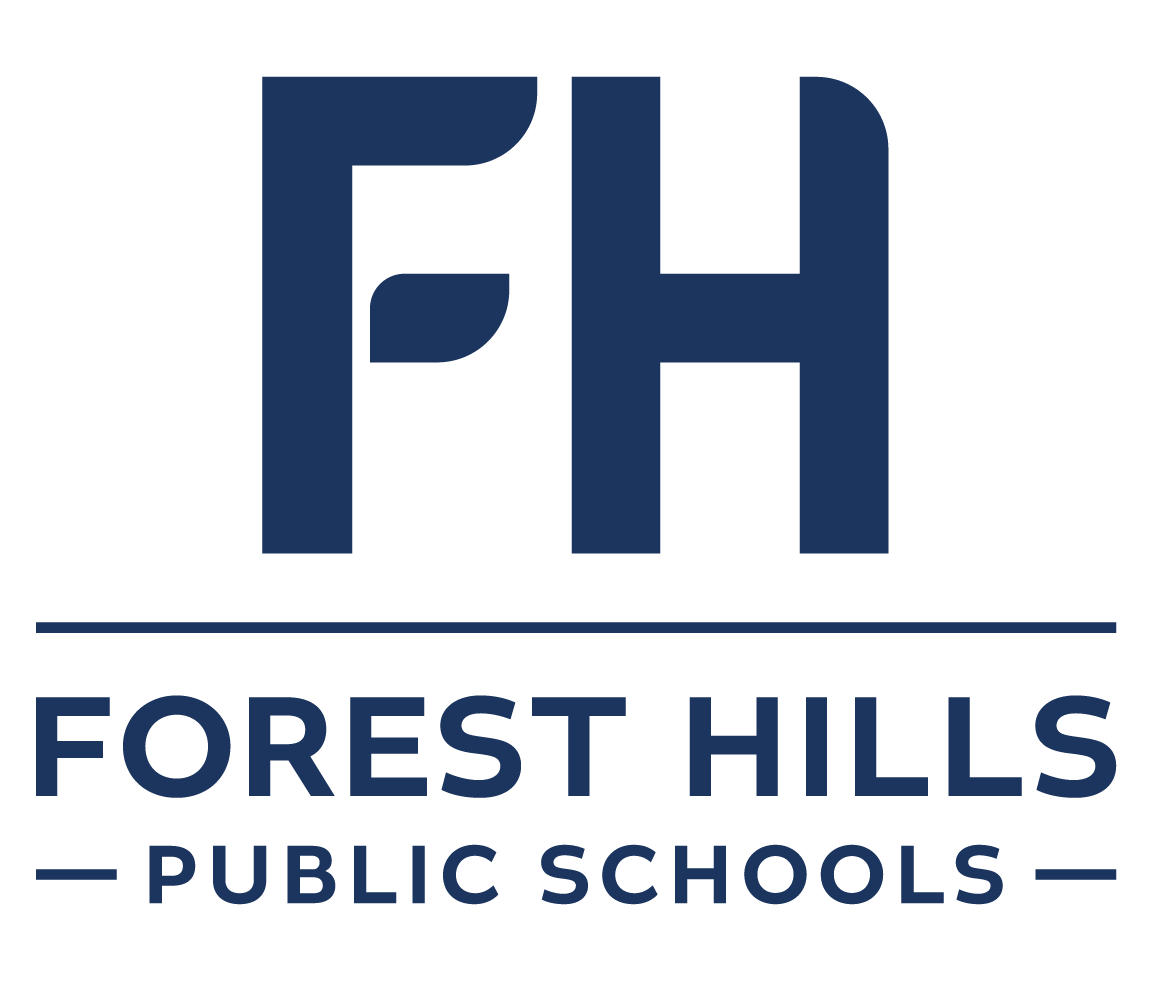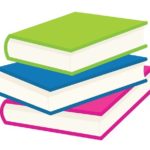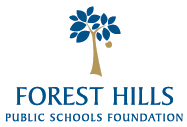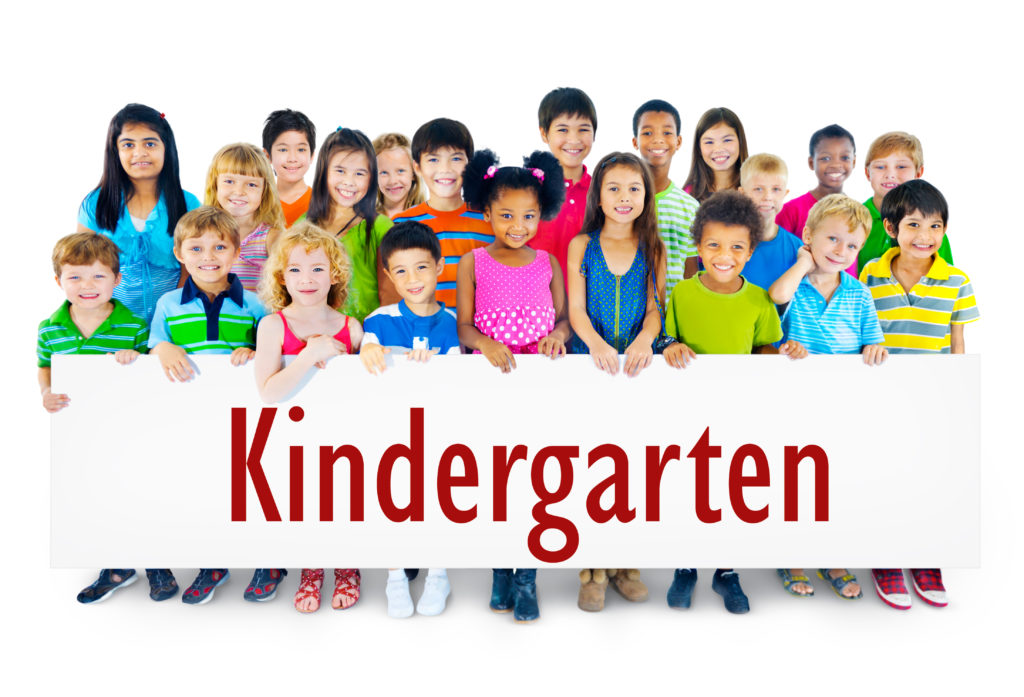
English Language Arts
Kindergarten is rich with opportunities for students to develop a love of reading and to see themselves as successful readers and writers. Kindergartners learn about the alphabet and its role in reading. They explore and practice rhyming, matching words with sounds, and blending sounds into words. Significant time is spent discussing fiction and nonfiction texts to learn about the world and to build vocabulary. Academic conversations help students apply foundational listening and speaking skills to learn how to understand, speak, and use words to communicate and actively engage within and beyond the classroom. Additionally, students experiment with writing through drawing, dictation, and writing to share information, ideas, and feelings. The ultimate goal of a balanced language arts curriculum is to build skills, independence, and passion to become lifelong readers, writers, and speakers.
Throughout the year, teachers use a variety of assessments to examine students’ strengths and areas of focus to support progress toward grade-level expectations.
Kindergartners learn and apply social and emotional skills in a variety of ways to become self-aware and nurture positive and respectful relationships with their teachers and peers. Creating a safe and inclusive community is foundational to a great year of learning for all.
Highlights of Kindergarten Language Arts
- Naming uppercase and lowercase letters, the sound(s) associated with the letters, and printing them.
- Appreciating and retelling stories read and talking about the stories using details from the text.
- Exploring the writing process and strategies to develop writing to share learning, to describe an event, to express an opinion, and to share a story with an audience.
- Using a combination of drawing, dictating, and writing to describe an event.
- Participating in class conversations to understand others, build vocabulary, and communicate thoughts and needs.
- Building curiosity by asking and answering questions about stories or other information.
Visit Michigan K-12 English Language Arts Standards for a complete view of the kindergarten standards your child will be working toward in English language arts.
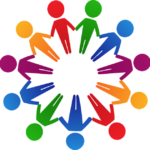 Ideas for Supporting Your Reader/Writer
Ideas for Supporting Your Reader/Writer
- Put into action the Read At Home Plan.
- Set aside a special time every day to read to your child.
- Place books in different places around your home and change them monthly.
- Establish a family reading time.
- Go online to your local library website to view a calendar of fun events (often at no cost for participation).
- Apply for a library card so all family members can check out books on subjects that interest them.
- Show interest in your child’s reading by asking your child about the books he/she is enjoying.
- Start a family journal to capture the daily events in writing or drawings.
- Encourage your child to write a thank you note or letter to a family member or friend.
- Start a family vocabulary box or jar. Have everyone write down new words they discover, add them to the box, and use the words in conversation.
- Talk about the events of the school day.
- Keep favorite books in the car.
- Go to a play or musical with your child. Discuss the way the actors bring the words to life.

Social Studies
Myself and Others
Using events from their own lives, kindergartners begin to explore and learn the basic historical concept of time. They study maps and learn about their place in relation to our region and the local environment. Kindergarten begins the foundation for the study of civics and government by recognizing that they are active classroom citizens. There are expectations to follow with appropriate rules for making their learning space special for everyone. Kindergartners develop economic awareness through the exploration of how families meet their needs. Students are introduced to the core values of democracy as they interact with others in their school community.
Visit the Michigan Social Studies Academic Standards for a complete view of the grade standards your child will be working toward in social studies. This curriculum is also aligned with the College, Career & Civic Life Framework for Social Studies State Standards.
 Ideas for Supporting Your Social Scientist
Ideas for Supporting Your Social Scientist
- Discover Michigan together. Bring history alive by visiting historic homes, sites, and local museums.
- Local museum websites post family opportunities and monthly events in the Grand Rapids metro area.
- Discuss your family stories and history. Encourage your child to ask relatives questions about their lives. Put the information together in an album or brainstorm different ways to tell family tales, such as poems or short stories.
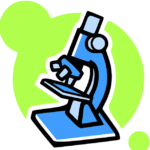
Science
Kindergartners are curious about the world and how it works. Throughout the year, students engage in science learning experiences to connect their thinking, make observations, formulate new ideas, and make sense of the natural world and how it works. Kindergartners learn to apply Science and Engineering Practices to think like scientists.
Highlights of Kindergarten Science
Students also learn to apply an understanding of the effects of different strengths or directions of pushes and pulls on the motion of an object to analyze a design solution. Kindergartners develop an understanding of patterns and variations in local weather and the purpose of weather forecasting to prepare for, and respond to, severe weather. They also work with their five senses as an observational aid to help understand their surroundings and that all living things have basic needs.
FHPS focuses on instruction and learning of the Michigan Science Standards. Click on the link to view the kindergarten standards your child will be working toward in science.
 Ideas for Supporting Your Scientist
Ideas for Supporting Your Scientist
- Talk with your child to listen and learn what they are curious about.
- Science in the kitchen: Follow recipes and observe what happens as ingredients are added.
- Science in the backyard or park: Notice what your senses observe. Discuss the types of birds, animals, and insects that you observe.
- Visit local museum websites to learn about family opportunities and the monthly events in the Grand Rapids metro area and beyond.
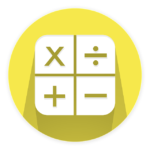
Mathematics
Kindergartners begin their math journey developing their mathematical skills while applying the practices mathematicians use. They…
- Make sense of problems and persevere in solving them.
- Reason abstractly and quantitatively.
- Construct viable arguments and critique the reasoning of others.
- Model with mathematics.
- Use appropriate tools strategically.
- Attend to precision.
- Look for and make use of structure.
- Look for and express regularity in repeated reasoning.
Kindergarten mathematicians are encouraged to be creative problem solvers and flexible thinkers. They work through challenging problems in small groups and on their own and develop independence and persistence. They develop their fluency skills by playing with numbers which allows them to think flexibly with methods and strategies to solve problems efficiently and accurately.
Highlights of Kindergarten Mathematics
Counting and Cardinality
- Know number names and the count sequence.
- Count to tell the number of objects.
- Compare numbers.
Operations and Algebraic Thinking
- Understand addition as putting together and adding to, and understand subtraction as taking apart and taking from.
Number and Operations in Base 10
- Work with numbers 11-19 to gain foundations for place value.
Measurement and Data
- Describe and compare measurable attributes.
- Classify objects and count the number of objects in each category.
Geometry
- Identify and describe shapes.
- Analyze, compare, create, and compose shapes.
Visit the Michigan Mathematics Academic Standards for a complete view of the kindergarten standards your child will be working toward in math.
 Ideas for Supporting Your Mathematician
Ideas for Supporting Your Mathematician
- Play games and solve puzzles while talking about your thinking and asking your child to explain his or her thinking.
- Look for opportunities to count and compare numbers in the real world.
- Involve your child in sorting tasks around the house (laundry, dishes, etc.); count, compare, and organize the number of objects in different categories.
- Identify and describe shapes in your house, at the grocery store, during the ride to school, etc.
- Measure in the kitchen and around the house.
- Family Letters: Visit this site for an overview of the mathematical learning at school.
- Explore Bedtime Math app.
- Visit the Standards for Mathematical Practice for Parents.
